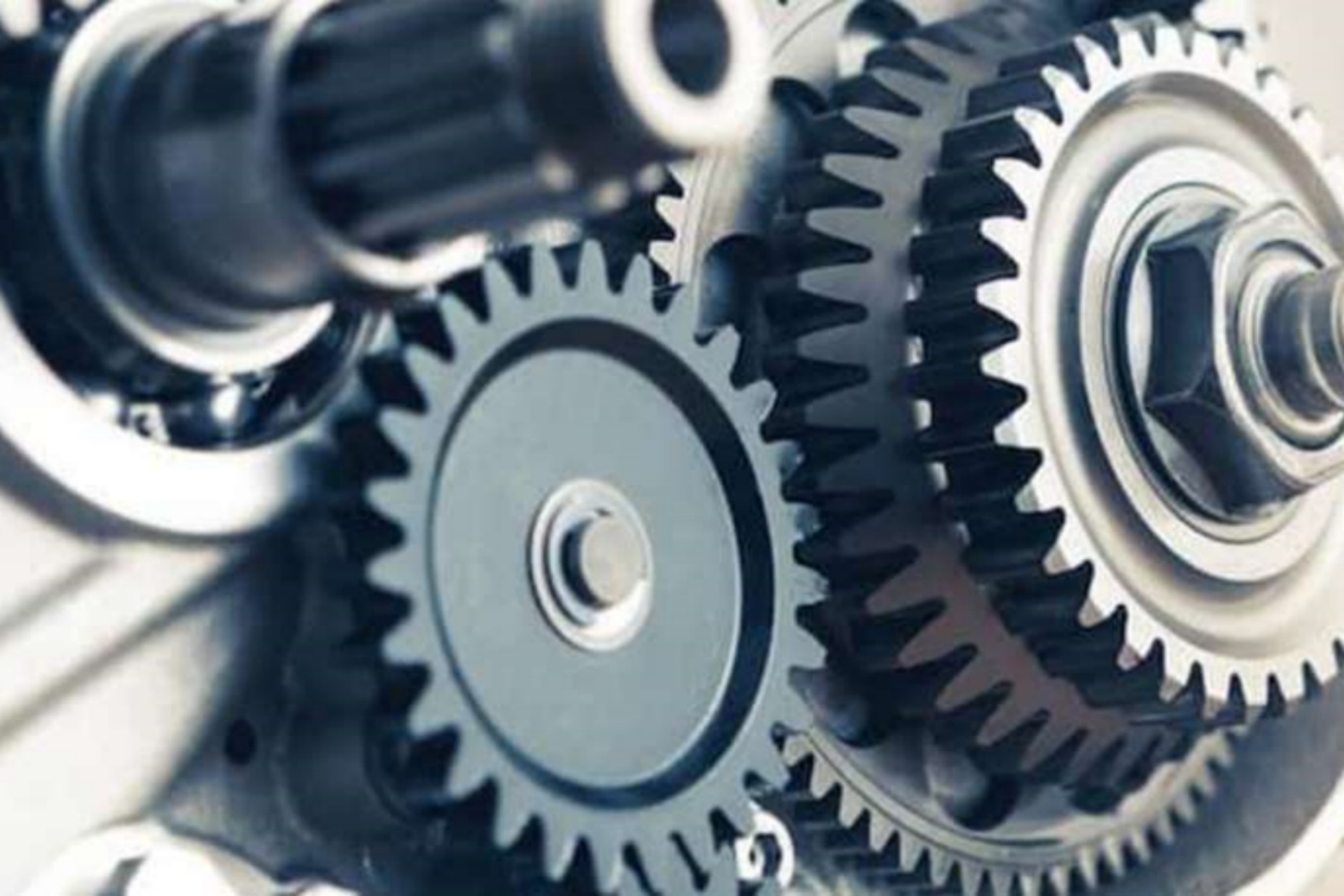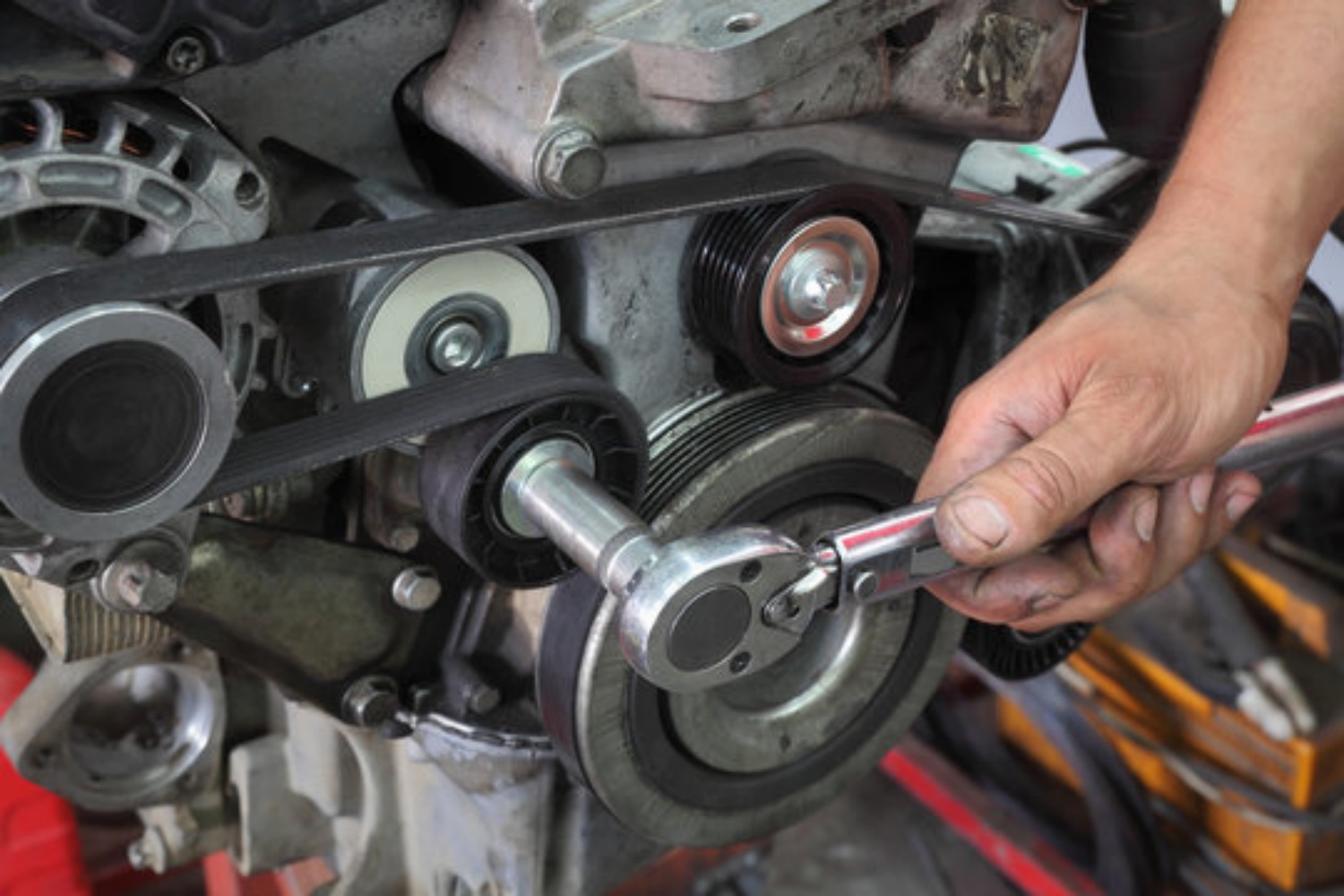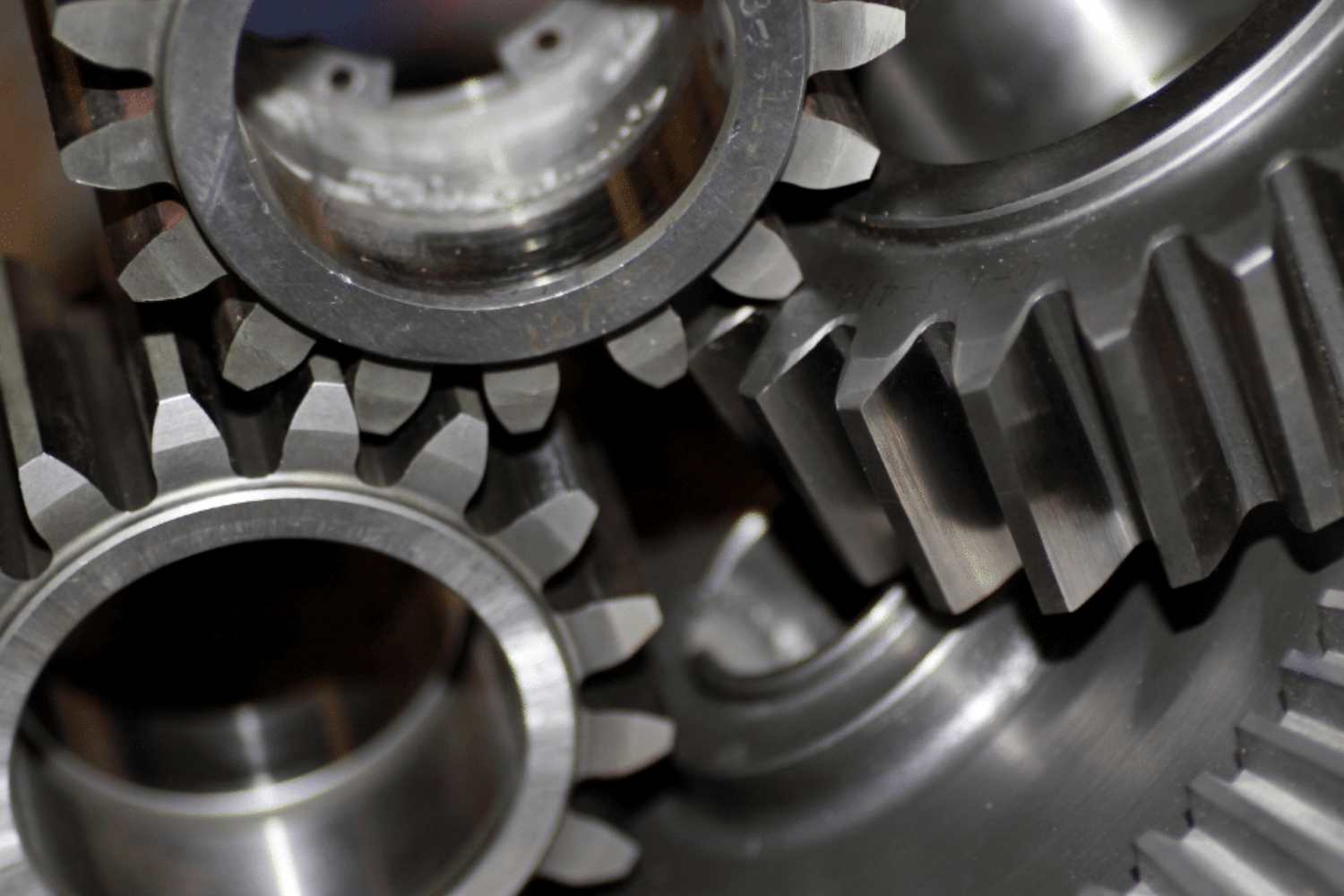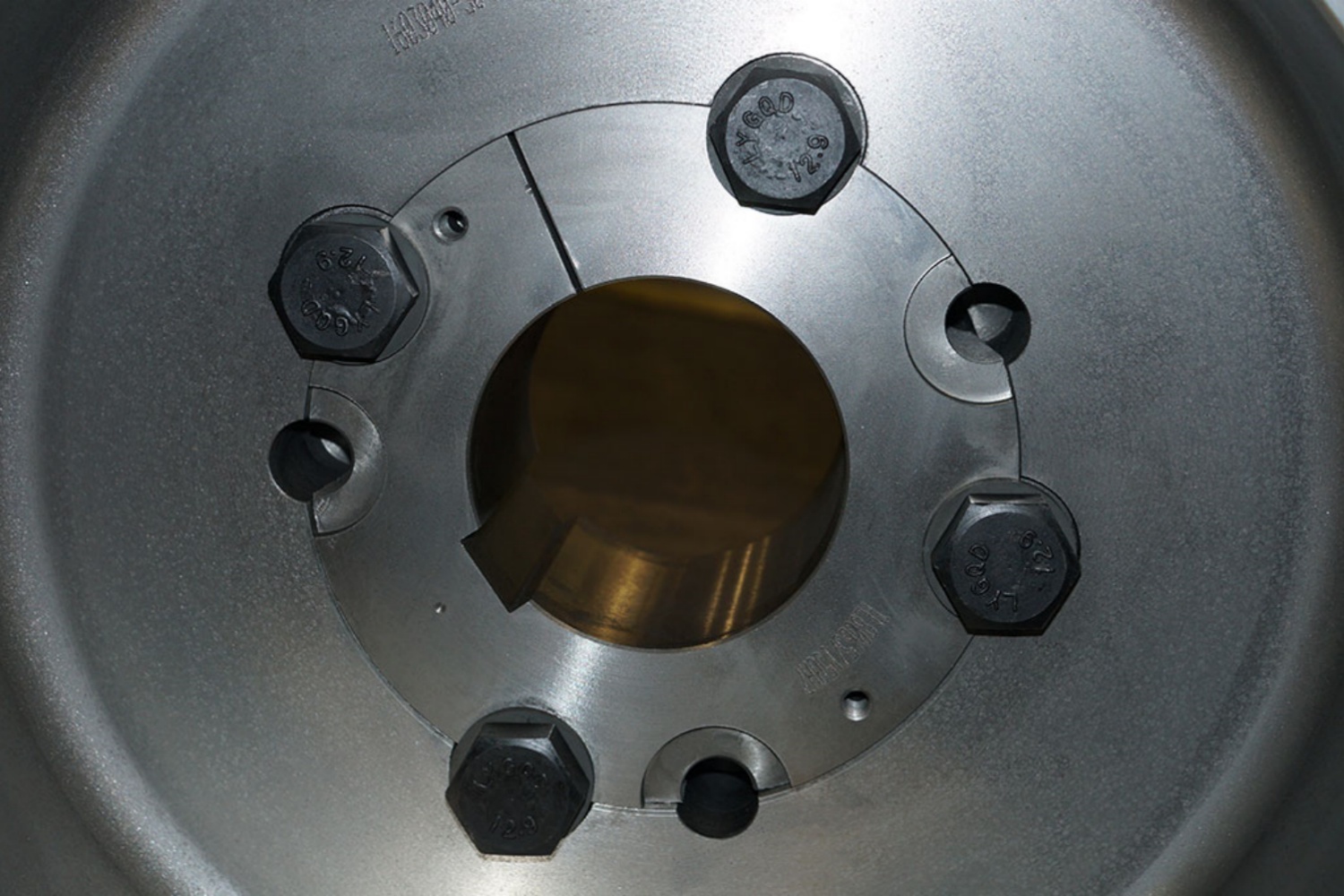In the realm of mechanical design and engineering, the choice between custom and standard gear sets is pivotal. This decision can significantly impact the performance, cost-efficiency, and longevity of machinery. Gear sets, essential in transmitting torque and rotational motion, come in various shapes and sizes, each tailored to specific mechanical demands. The following discussion delves into the pros and cons of custom and standard gear sets to help you determine the best option for your equipment.
Understanding Gear Sets
Before delving into the distinctions between custom and standard gear sets, it is crucial to understand what a gear set is. A gear set consists of two or more gears working in tandem to transmit power and motion from one shaft to another. Countless applications use these, from small watches to large industrial machinery.
Standard Gear Sets
Standard gear sets, pre-manufactured to meet general specifications, are readily available from suppliers. Manufacturers produce these gears in large volumes, making them cost-effective and easily accessible.
Advantages of Standard Gear Sets:
Cost-Effective: Mass production of standard gear sets reduces their cost, making them an economical choice for many applications.
Availability: Standard gears are typically stocked by manufacturers and distributors, ensuring quick availability and short lead times.
Reliability: Since standard gears are extensively used and tested, they come with a certain level of reliability and proven performance.
Disadvantages of Standard Gear Sets:
Limited Customization: Standard gears are designed for general use, which might not meet specific requirements of specialized machinery.
Compromise on Performance: In some cases, using standard gears may lead to compromises in performance, as they are not optimized for all scenarios.
Custom Gear Sets
Manufacturers specifically design and produce custom gear sets to meet the unique requirements of a particular application. These gears are ideal for situations where standard gears cannot provide the necessary performance, durability, or fit.
Advantages of Custom Gear Sets:
Tailored Design: Custom gears are designed to fit specific needs, offering optimal performance and efficiency for specialized applications.
Flexibility in Material and Size: Customization allows for the selection of specific materials and sizes that best suit the operational conditions of the equipment.
Enhanced Durability: Custom gears can be engineered to handle higher loads and more demanding conditions than standard gears.
Disadvantages of Custom Gear Sets:
Higher Cost: The bespoke design and manufacturing processes make custom gears more expensive.
Longer Lead Times: Designing and producing a custom gear set takes longer, which can delay project timelines.
Assessing the Needs of Your Equipment
Choosing between custom and standard gear sets depends on several factors:
Application Requirements: Consider the operational conditions, including load, speed, and environment, to determine if standard gears can meet the needs or if custom gears are necessary.
Budget Constraints: Standard gears are more budget-friendly and might be sufficient for cost-sensitive projects.
Longevity and Maintenance: Custom gears, designed for specific conditions, offer high durability and low maintenance, potentially reducing costs over the long term for such equipment.
Case Studies
Automotive Industry: In automotive applications, standard gear sets are often sufficient for general components. However, high-performance vehicles, such as race cars, typically require custom gears to handle extreme conditions.
Aerospace Applications: Aerospace equipment usually requires custom gears to meet strict standards for performance and safety under unique operational stresses.
You should guide your decision between custom and standard gear sets by the specific requirements of your equipment, budget, and desired performance level. While standard gear sets provide a cost-effective and reliable solution for many applications, custom gear sets offer enhanced performance and durability tailored to specialized needs. By carefully evaluating the demands of your machinery and the operational environment, you can make an informed decision that ensures optimal functionality and efficiency.
Choosing the right gear set is more than a technical decision; it’s a strategic move that can define the success and efficiency of your machinery.

CONTINUE READING
Related Posts
In industrial machinery, V-groove pulleys are a critical component, transferring power efficiently and ensuring the smooth operation of various mechanical […]
Spur gears are among the simplest and most widely used gears in mechanical engineering and industrial applications. Their straightforward design […]
Taper lock bushes are essential components used to securely attach pulleys, gears, and other mechanical elements to shafts. Their design […]





